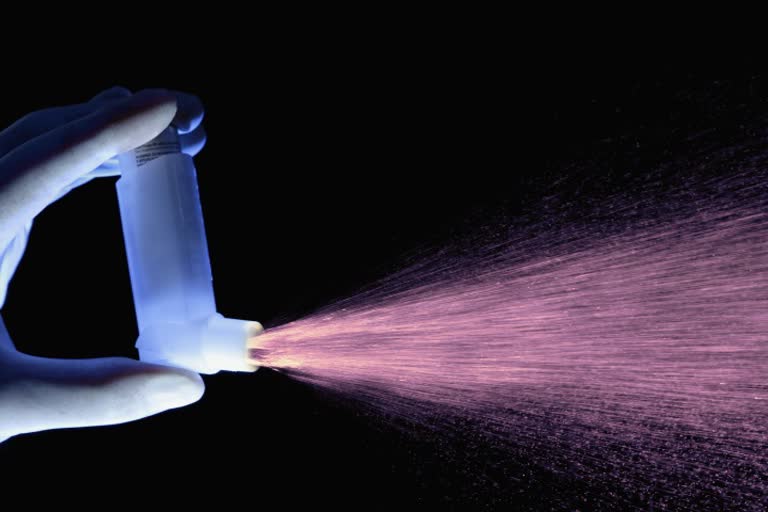As many as 75 percent of people with asthma report experiencing worsening asthma severity at night. Many behavioural and environmental factors, including exercise, air temperature, posture, and sleep environment, are known to influence asthma severity.
In the study, the team from Brigham and Women's Hospital and Oregon Health and Science University wanted to understand the contributions of the internal circadian system to this problem.
The circadian system is composed of a central pacemaker in the brain (the suprachiasmatic nucleus) and "clocks" throughout the body and is critical for the coordination of bodily functions and to anticipate the daily cycling environmental and behavioural demands.
"This is one of the first studies to carefully isolate the influence of the circadian system from the other factors that are behavioural and environmental, including sleep," said Frank AJL Scheer, director of the Medical Chronobiology Programme in the Division of Sleep and Circadian Disorders at the Brigham.
"We observed that those people who have the worst asthma, in general, are the ones who suffer from the greatest circadian-induced drops in pulmonary function at night, and also had the greatest changes induced by behaviours, including sleep," added Steven A. Shea, Professor and Director at Oregon Institute of Occupational Health Sciences.
